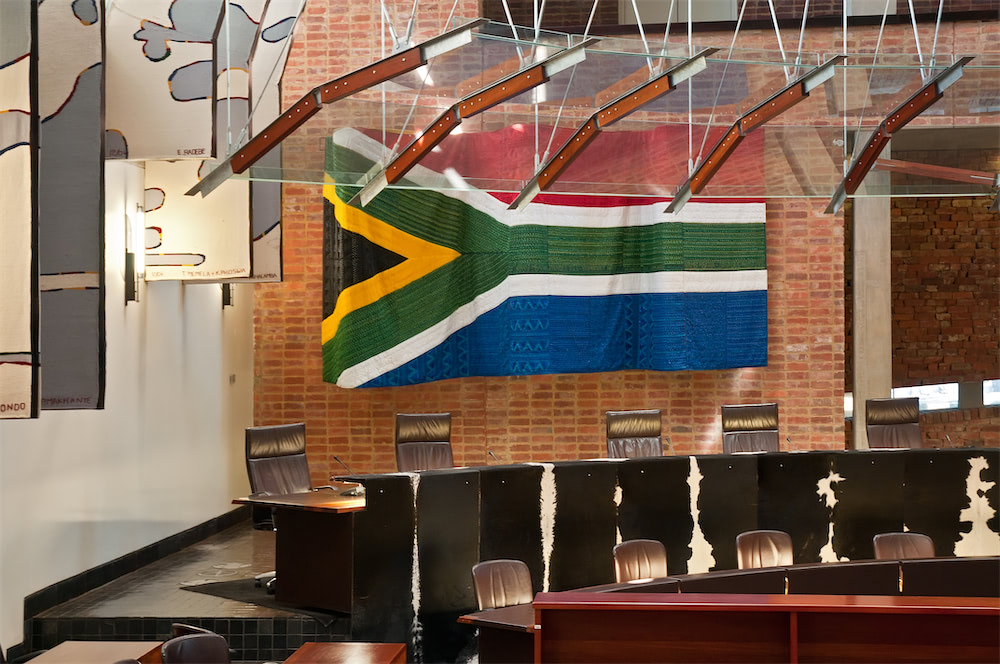

Abortion Rights in Neighbouring Countries to South Africa
At NVDB Attorneys we have done our utmost to equip you with knowledge, not only about the Roe vs Wade situation but also on what South Africa’s abortion laws are. Which as we set out in our article on Abortion Rights in South Africa, is extremely liberal and allows all women of all ages to gain access to safe and legal abortions. Still.
We thought it prudent to now take a look at our neighbours – what are their laws?
And what are the laws of another first world country? Say, the United Kingdom?
Let’s delve in, shall we?
Zimbabwe
Abortion is legally permitted in Zimbabwe under limited circumstances.
The Termination of Pregnancy Act No 29 of 1977 is a national law in Zimbabwe governing abortion. It was enacted in 1977 by the Parliament of Rhodesia and was retained after Zimbabwe's Independence in 1980.
In accordance with the Termination of Pregnancy Act, at Section 4 a pregnancy may only be terminated under the following circumstances –
- where the continuation of the pregnancy so endangers the life of the woman concerned or so constitutes a serious threat of permanent impairment of her physical health that the termination of the pregnancy is necessary to ensure her life or physical health, as the case may be; or
- where there is a serious risk that the child to be born will suffer from a physical or mental defect of such a nature that he will permanently be seriously handicapped; or
- where there is a reasonable possibility that the foetus is conceived as a result of unlawful intercourse.
It must be noted that “no person may terminate a pregnancy otherwise than in accordance with this Act”. An abortion can also only be performed by a medical practitioner.
Any person who contravenes Section 4(1) will be guilty of an offence and liable to a fine or to imprisonment for a period not exceeding five years or to both such fine and such imprisonment.
In addition, whilst abortion is legal (under certain circumstances) in Zimbabwe it is extremely limited and access to safe abortions are scarce. The illegal abortion industry is therefore thriving. And with the statistics set out by WHO where “more than 22,000 women die from complications from unsafe abortion each year, and 6.9 million are treated for complications”, that is extremely worrying.
Namibia
Abortion is legal in Namibia, but only if a woman is in danger or has been sexually abused.
The Abortion and Sterilization Act 2 of 1975 (according to the Legal Assistance Centre) states that abortion is only allowed in these circumstances:
- where continuing the pregnancy will endanger the woman’s life or constitute a serious threat to her physical or mental health
- there is a serious risk that the child will suffer from a physical or mental defect that will result in an irreparable and serious handicap
- the pregnancy resulted from rape, incest or unlawful carnal intercourse with a woman who has a severe mental incapacity.
Two medical practitioners must provide a certificate verifying the grounds for abortion. Where the basis for the abortion is unlawful intercourse (rape or incest), a certificate from a magistrate is also necessary. Abortion in any other circumstances is a criminal offence for both the woman who seeks it and the person who performs it. The punishment is a fine of up to N$5 000 or imprisonment for up to five years, or both.
The criminalisation of abortion has driven many Namibian women to seek unsafe abortions.
Namibia inherited this law from its neighbouring South Africa (during its Apartheid era) and whilst South Africa has updated its laws, Namibia still has not.
To confuse matters more, whilst some fight for the reformation of the laws within Namibia, others like the Traditional and community leaders within the Uukolonkadhi Traditional Authority have spoken out against the amendment of Namibia's abortion law, “saying this would reduce the country to the biblical “Sodom and Gomorrah”. They were speaking at a public hearing by the parliamentary standing committee on gender equality, social development and family affairs with regard to reforming the Abortion and Sterilisation Act No. 2 of 1975.”
Botswana
Abortion in Botswana is only legal if the abortion will
- save the woman's life,
- if the pregnancy gravely endangers the woman's physical or mental health, or
- if it is a result of rape or incest.
In Botswana, abortions that meet these requirements must be performed within the first 16 weeks of pregnancy in a government hospital and must be approved by two physicians.
Organisations such as BOFWA work to promote Sexual and Reproductive Health (SRH) to ensure reproductive health including Family Planning (FP) as a human right to all individuals and families in Botswana. It is led by volunteers as policy makers and management as programme implementers.
Abortion Laws in the United Kingdom
As a leading First World Country with first world infrastructure, we also took a look at abortion laws in the United Kingdom.
The Abortions Act of 1967 states that an abortion is legal if -
“Subject to the provisions of this section, a person shall not be guilty of an offence under the law relating to abortion when a pregnancy is terminated by a registered medical practitioner if two registered medical practitioners are of the opinion, formed in good faith—
[F1(a)that the pregnancy has not exceeded its twenty-fourth week and that the continuance of the pregnancy would involve risk, greater than if the pregnancy were terminated, of injury to the physical or mental health of the pregnant woman or any existing children of her family; or
(b)that the termination is necessary to prevent grave permanent injury to the physical or mental health of the pregnant woman; or
(c)that the continuance of the pregnancy would involve risk to the life of the pregnant woman, greater than if the pregnancy were terminated; or
(d)that there is a substantial risk that if the child were born it would suffer from such physical or mental abnormalities as to be seriously handicapped”.
Further information on Britain’s Abortion Laws can be found here.
To end this article, we again turn to Therapy Route, which said - “The decision to have an abortion is deeply personal. Feelings of regret, unexpected grief, and other painful emotional states often follow, sometimes long after. Wherever possible, it is important to ensure the availability of sufficient ongoing emotional support.”
If you or someone close to you is going through this process, we hope you/they will find the support they need by clicking on Therapy Route’s link above.
If you have any questions on the information we have set out above or have a personal issue which you want to discuss with a suitably qualified legal professional, please do not hesitate to contact us at NVDB Attorneys.
We are a law firm that considers honesty to be core to our business. We are a law firm that will provide you with clear advice and smart strategies - always keeping your best interests at heart.




